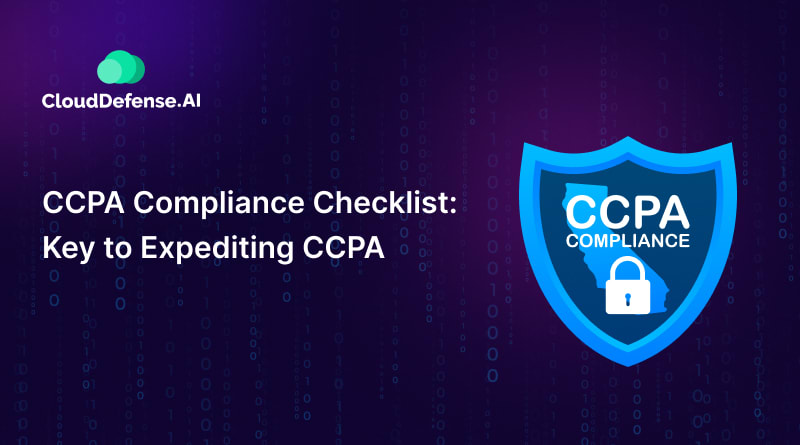In the dynamic realm of data security, the California Consumer Privacy Act (CCPA) emerges as one of the world's most stringent data protection standards. For businesses handling consumer data, ensuring CCPA compliance becomes not only a legal requirement but a crucial step towards fostering and maintaining trust in an era marked by increasing data breaches. This article delves into key aspects of CCPA, its benefits, steps to compliance, penalties for violations, and a comprehensive checklist designed to expedite the audit process.
Understanding CCPA
Enacted on June 21st, the California Consumer Privacy Act bestows specific rights upon residents regarding their personal information held by businesses. These rights encompass understanding how data is collected and used, opting out of data sales, and requesting data deletion. While CCPA directly applies to California businesses, its importance extends to those contemplating expansion due to California's economic significance.
Benefits of CCPA Compliance
Beyond mere legal adherence, CCPA compliance offers businesses substantial advantages. Notably, it aids in rebuilding consumer trust, which may have waned due to frequent data breaches. The benefits also include enhancing data protection measures, streamlining data handling processes, fortifying company reputation, and sidestepping hefty fines associated with non-compliance.
Key Steps to CCPA Compliance
To attain and sustain CCPA compliance, businesses must follow crucial steps. These encompass determining CCPA applicability, updating policies, mapping data flow, implementing data security measures, facilitating consumer data rights, training staff, establishing a data breach response plan, conducting regular audits, and staying abreast of regulatory changes.
Penalties for Violating CCPA
Non-compliance with CCPA can result in significant penalties, ranging from $2,500 to $7,500 per violation, contingent on the nature of the breach. Private lawsuits filed by consumers seeking damages and potential class-action suits amplify the consequences. Remediation costs and ongoing regulatory monitoring add to the financial and reputational risks for non-compliant businesses.
CCPA Compliance Checklist
A comprehensive CCPA compliance checklist serves as a practical tool for businesses. The checklist covers critical areas such as addressing consumer rights promptly, making mandatory disclosures, limiting the sale of personal information, establishing data retention practices, preventing re-identification, ensuring financial incentives compliance, training employees, overseeing third-party compliance, enforcing security measures, and having breach response protocols in place.
CCPA Audit Process
Engaging in a CCPA compliance audit involves a meticulous examination of business operations to identify potential violations. While audits may not be the most enjoyable process, they offer a proactive approach to detecting non-compliance before consumers do, saving valuable time and money while safeguarding a company's professional reputation.
Conclusion
CCPA compliance is imperative for any business handling consumer data in California. In a landscape plagued by data breaches, regulations like CCPA set a high standard for data security excellence. Organizations looking to expedite their compliance process should prioritize being document-ready, upholding thorough policies, and regularly performing self-assessments. Whether using the provided checklist or creating their own, businesses must remain prepared for CCPA audits to ensure data safety and legal adherence in this ever-evolving digital age.







Top comments (0)